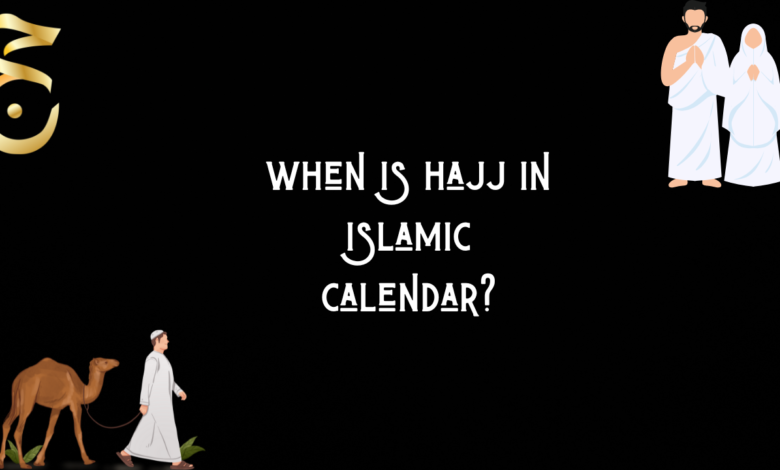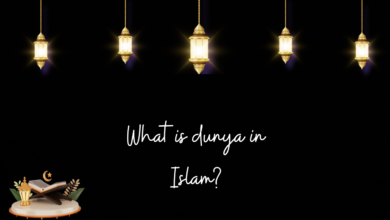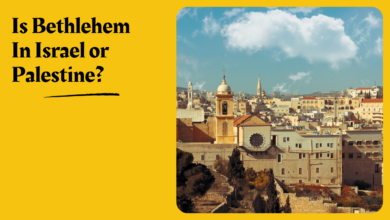when is hajj in islamic calendar?

Understanding the Timing of Hajj in the Islamic Calendar
Hajj, one of the Five Pillars of Islam, holds immense spiritual significance for Muslims around the world. Every year, millions of pilgrims gather in the holy city of Mecca to fulfill this sacred obligation. The timing of Hajj is determined by the Islamic lunar calendar, making it a dynamic event that shifts by approximately ten days earlier each year in the Gregorian calendar. This article delves into the factors that influence the timing of Hajj in the Islamic calendar and its significance for Muslims.
The Islamic Lunar Calendar: Basis for Hajj Timing
The Islamic calendar, also known as the Hijri or Lunar calendar, consists of 12 months in a year of 354 or 355 days. Unlike the Gregorian calendar, which is solar-based and has fixed months, the Islamic calendar is lunar-based, relying on the phases of the moon for its calculations. This unique feature leads to the variance in the timing of Islamic events, including Hajj, in each Gregorian year.
The Months of Hajj
Hajj is performed during the Islamic month of Dhu al-Hijjah, which is the last month of the Islamic calendar. Dhu al-Hijjah is a significant month not only because of Hajj but also due to the observance of Eid al-Adha, the Festival of Sacrifice, which takes place on the 10th day of the month. This festival commemorates the willingness of the Prophet Ibrahim (Abraham) to sacrifice his son as an act of obedience to God.
Hajj Timing and the Lunar Calendar
The Islamic calendar is shorter than the Gregorian calendar by about 10 to 12 days. As a result, the Islamic months, including Dhu al-Hijjah, migrate through the Gregorian calendar year after year. This phenomenon causes the timing of Hajj to change annually, allowing Muslims from different parts of the world to experience the pilgrimage during different seasons and weather conditions.
The Importance of Hajj Timing
The shifting timing of Hajj holds profound significance for Muslims. It reflects the notion that devotion to Allah and submission to His will are not bound by the constraints of human-made calendars. The dynamic nature of Hajj timing also serves as a reminder of the transient nature of life and the importance of prioritizing spiritual obligations.
The Hajj Calendar and Planning
Despite the changing timing of Hajj, Muslim scholars and authorities work to predict the approximate dates of Hajj in advance. This helps pilgrims plan and prepare for the pilgrimage, which requires considerable logistical arrangements. The Saudi Arabian government, as the custodian of the two holy mosques in Mecca and Medina, plays a pivotal role in organizing and accommodating the millions of pilgrims who travel from around the world to participate in Hajj.
Conclusion
Hajj is a spiritual journey that transcends time and place, uniting Muslims from diverse backgrounds in the worship of Allah. The shifting timing of Hajj, based on the Islamic lunar calendar, adds a layer of depth to this pilgrimage, reminding believers of the importance of flexibility and adaptability in their religious devotion. As the moon waxes and wanes, so too does the connection between Muslims and their faith, reaffirming the eternal bond between the Creator and His creation.
Frequently Asked Questions (FAQs) about Hajj in the Islamic Calendar
When does Hajj occur in the Islamic calendar?
Hajj takes place during the Islamic month of Dhul-Hijjah, specifically from the 8th to the 12th day of the month.
Is the timing of Hajj fixed every year?
No, the timing of Hajj varies each year in the Gregorian calendar due to the Islamic calendar being lunar. The Islamic calendar is about 10 to 11 days shorter than the Gregorian calendar, causing Hajj to occur at different times each year.
How is the start of Dhul-Hijjah determined?
The start of Dhul-Hijjah is determined by the sighting of the moon. Islamic scholars and authorities rely on moon sighting reports to announce the beginning of the month.
Can Hajj occur in different seasons?
Yes, due to the lunar calendar, Hajj can occur in different seasons throughout the years. It can be during the hot summer months or cooler winter months, depending on the year.
Is Hajj mandatory during a specific year?
Hajj is mandatory for every Muslim who meets the conditions once in their lifetime. However, this obligation is subject to a person’s physical and financial capabilities. Those who can afford it but do not perform it are considered to be delaying a religious duty.
What is the significance of Hajj in Islam?
Hajj is one of the Five Pillars of Islam and holds immense religious significance. It is a journey to the holy city of Mecca that symbolizes unity, humility, and equality among Muslims. It commemorates the actions of the Prophet Ibrahim (Abraham) and his family.






